More from News 12
10:00

Fire officials: Large tractor-trailer fire closes I-95 between exits 15 and 14
1:31
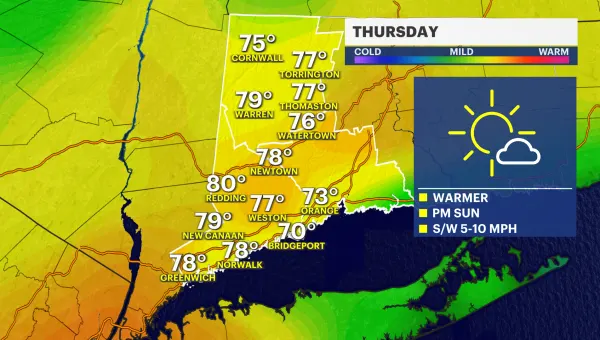
Warm and dry today for Connecticut; cooler this weekend
3:14
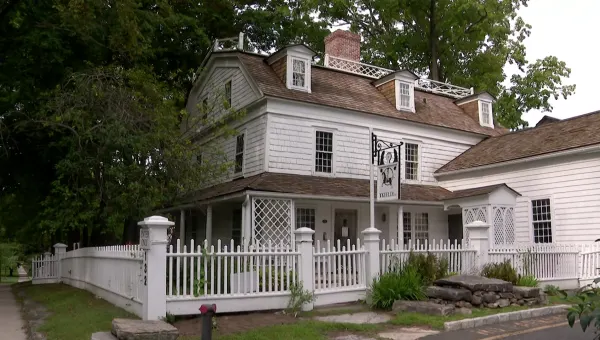
Visit Ridgefield, Connecticut's first 'cultural district' in the state
2:39
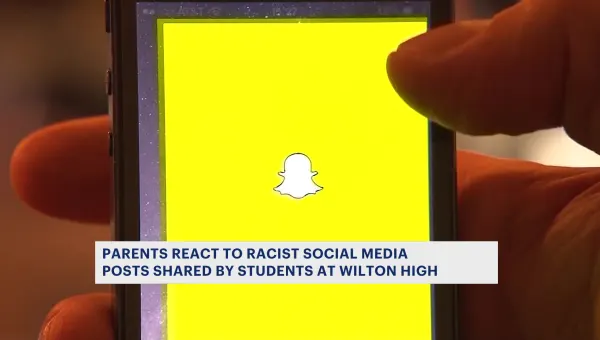
Racist social media posts ignite outrage in Wilton community

Police: Apparent grenade found in Bridgeport
0:36

Live Nation Concert Week offers $25 tickets to over 5,000 shows
2:22

Do you constantly reuse the same username and password? 6 steps to help safeguard your online accounts
0:35
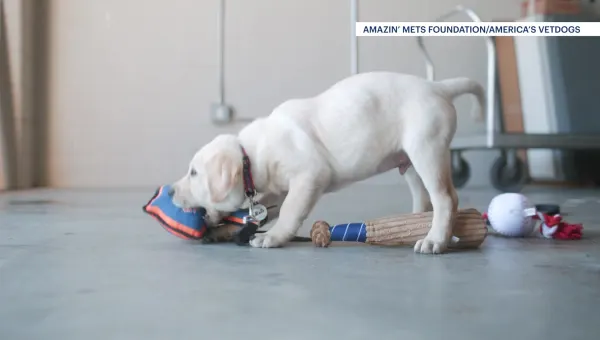
Mets foundation partners with America's Vet Dogs to raise future service dog
1:53

Shop Mother’s Day Gifts – Exclusive Offers Up to 75% OFF!
2:14
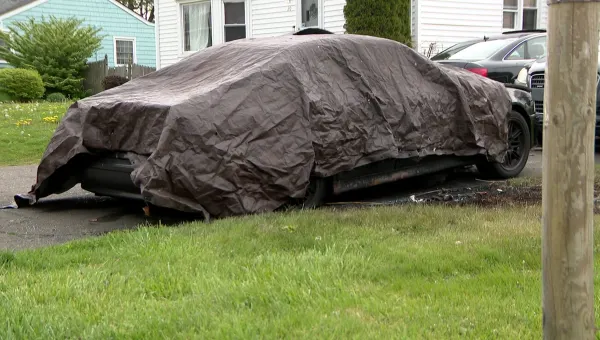
Investigation underway after 4 dogs die in Milford car fire
0:32

Police: Meriden man accused of suffocating victim in front of her child
0:36
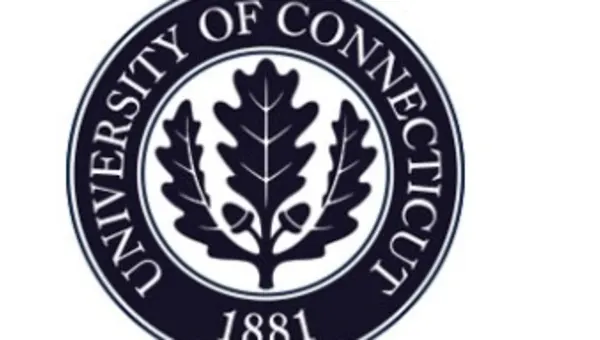
'Difficult decision.' UConn president addresses arrests of students and encampment teardown
0:24
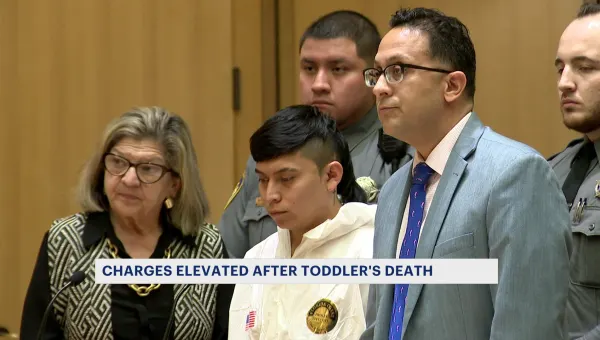
Charges upgraded to father of 2-year-old found buried in a shallow grave in 2023
0:36

'Difficult decision.' UConn president addresses arrests of students and encampment teardown
0:39

Jonathan Cubit visits students at Franklin Elementary School in Stratford
1:38

Scholar Athlete: Keira Cunniffe
1:48
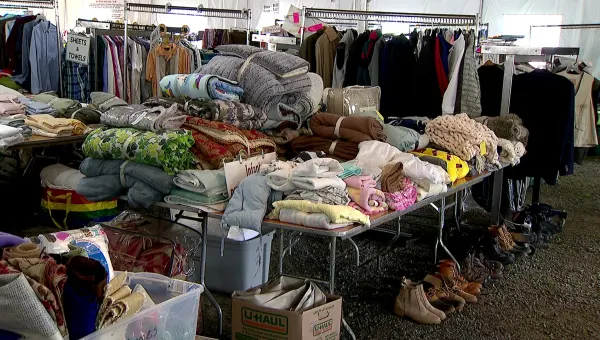
Volunteers prep for Minks to Sinks sale to benefit Family and Children's Agency
1:54
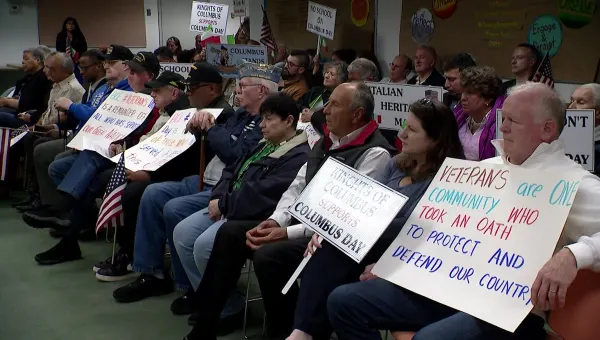
Stamford’s BOE reinstates Columbus Day, Veterans Day in school holiday calendar
2:14

Investigation underway after 4 dogs die in Milford car fire
0:22
